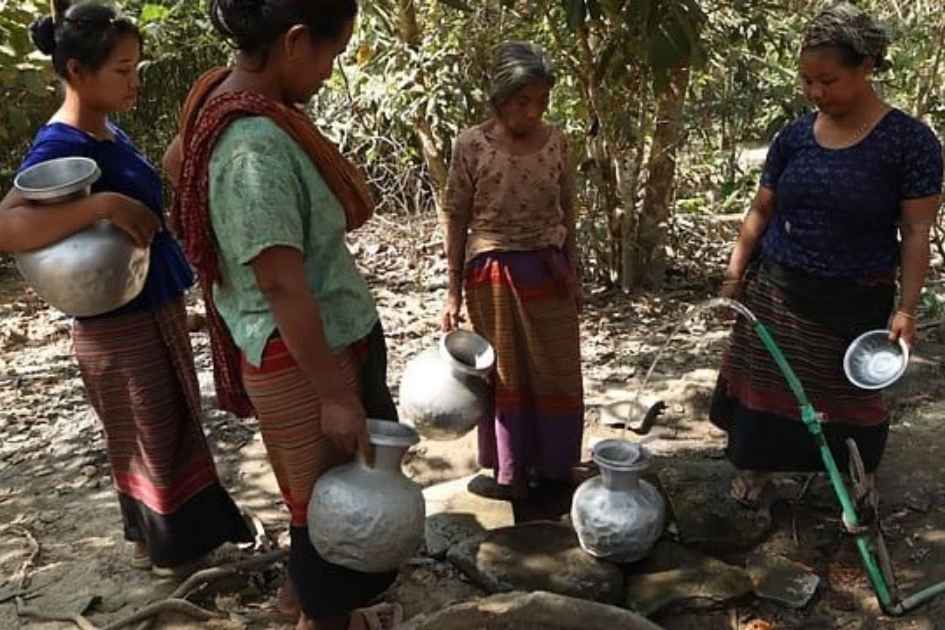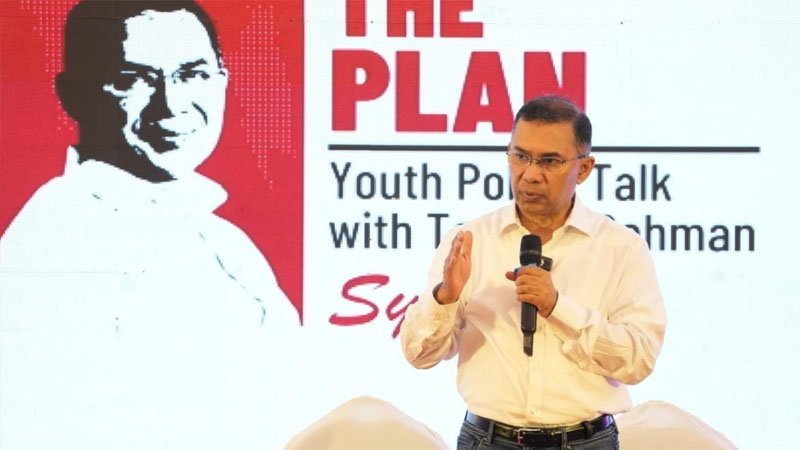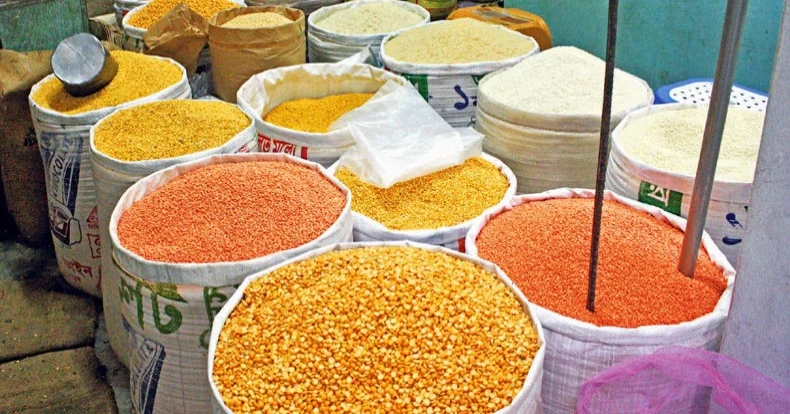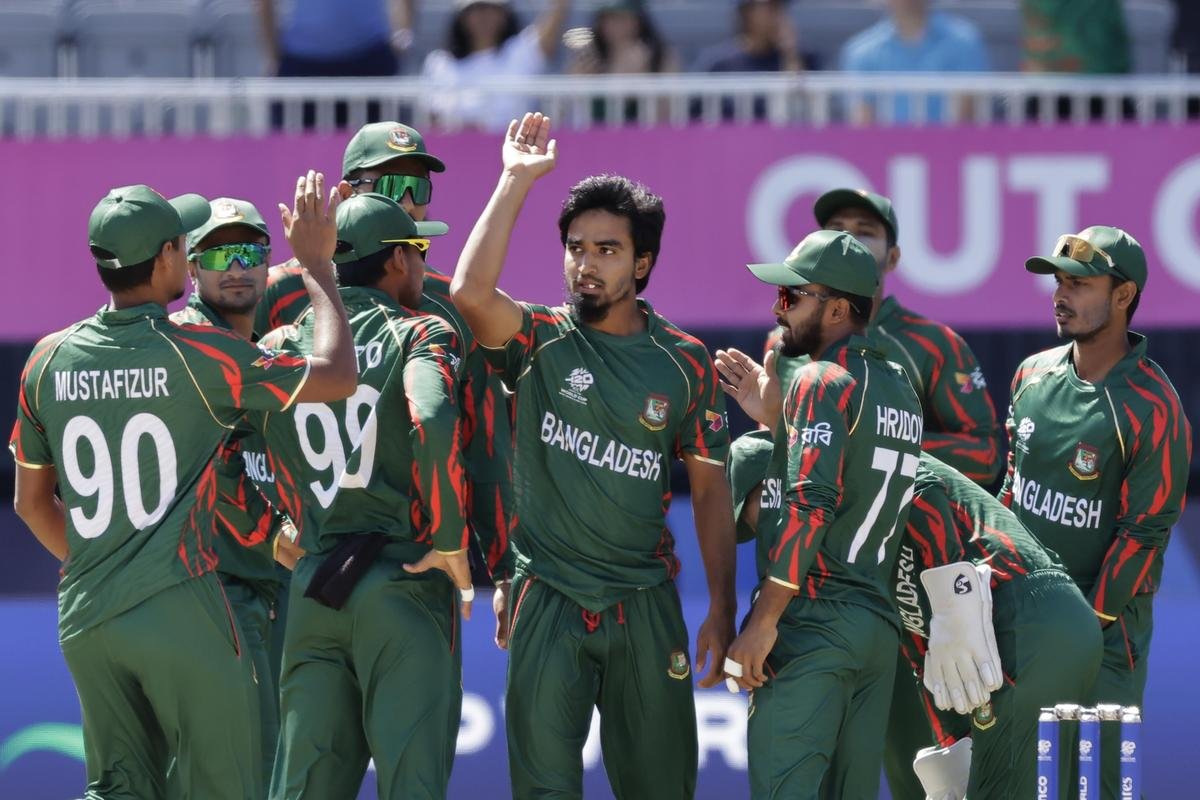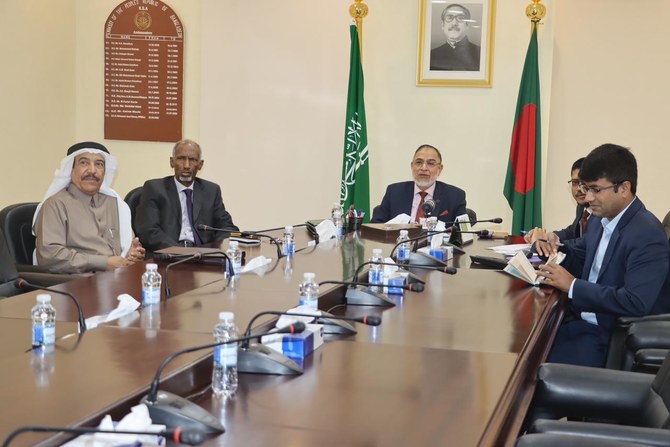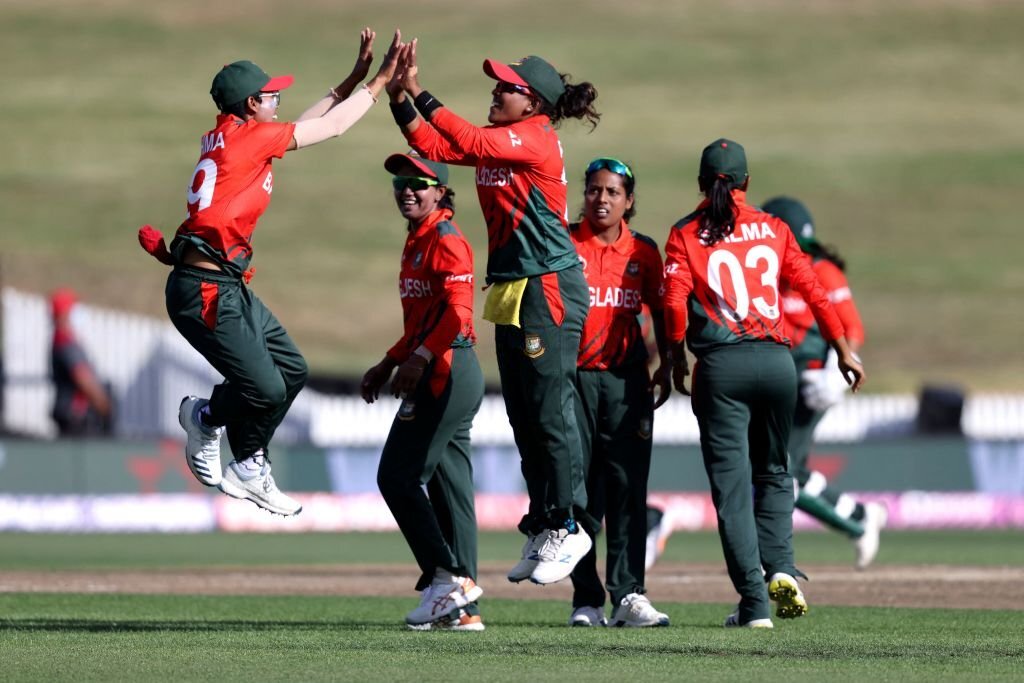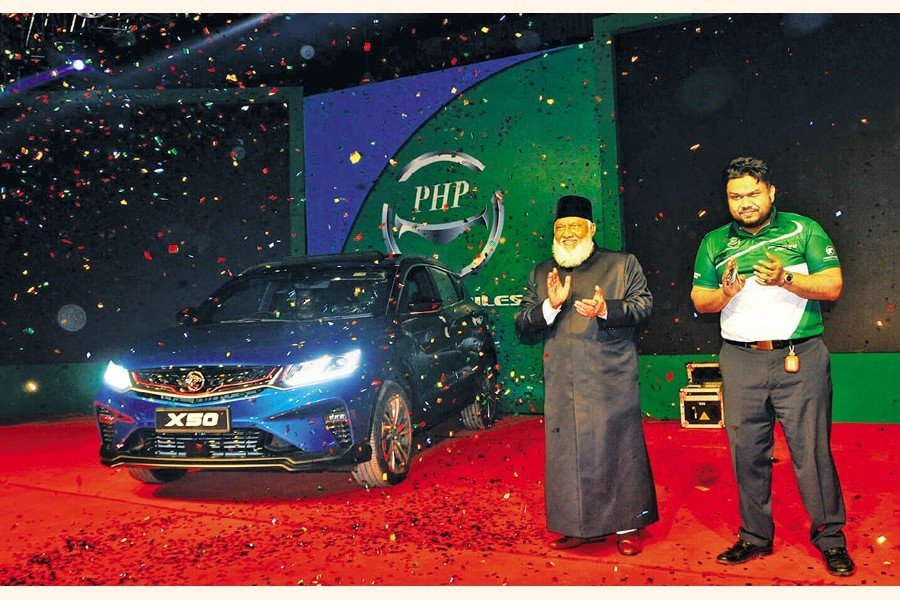Bangladesh is planning to set up a urea fertilizer factory in the Kingdom of Saudi Arabia (KSA) through joint-venture investment.
The information was revealed at a meeting between Prime Minister’s Private Sector Industry and Investment Adviser Salman F Rahman and Saudi Commerce and Media Minister Majid bin Abdullah Al Qasabi at Saudi Arabia on Tuesday, said a press release on Wednesday.
During the meeting, they discussed various bilateral issues, including trade and investment and setting up fertilizer factory in the KSA.
Salman F Rahman urged the Saudi minister to support the initiative of setting up urea fertilizer factory in Saudi Arabia.
He also sought assistance for ensuring duty-free entry of 213 products from Bangladesh into Saudi Arabia.
In his speech, Majid bin Abdullah Al Qasabi assured Salman F Rahman to provide all sorts of support to Bangladesh in setting up the Urea fertilizer factory and duty-free access into Saudi Arabia.
After the meeting, Salman F Rahman met Chief Executive Officer (CEO) of the Saudi Basic Industries Corporation (SABIC) Abdul Rahman Al-Fagi.
During the meeting, a concept note of the proposed JV fertilizer factory was presented.
Abdul Rahman Al-Fagi welcomed the concept note and gave consent to take next steps to this end.
Sources said, Russia’s invasion of Ukraine in February 2022 exacerbated a global fertilizer shortage, boosting prices to all-time highs.
The price hikes have already affected Bangladesh’s agriculture sector, threatening the country’s food security.
Talks on the establishment of a diammonium phosphate fertilizer plant in Saudi Arabia began last year, and on Wednesday a memorandum for a feasibility study was signed by the Bangladesh Chemical Industries Corporation and Hanwha Saudi Contracting Company.
The agreement was inked in a virtual meeting organized by the Bangladeshi Ministry of Industry and the country’s embassy in Riyadh, which said in a statement that it was the first Bangladeshi government initiative to set up an industrial plant on foreign soil.
“We estimate that it may take around six months for the completion of the feasibility study. Once we receive the positive report in the feasibility study, our government will start the agreement negotiations with the Kingdom’s authorities. Usually, it takes two-three years for a factory like this to start production,” Sharif Md. Mashud, deputy secretary of the Ministry of Industries in Dhaka, told Arab News.
The plant, co-owned by the countries, will help meet demand for the fertilizer in Bangladesh, which needs 1.6 million tons of DAP a year to fuel its agriculture sector.
The production volume of the Saudi-based plant will be established after the feasibility study.
“We have chosen Saudi Arabia for the fertilizer factory since the country has a huge supply of raw materials and they also have sufficient capital to invest. We are yet to fix the production capacity of this fertilizer factory,” Mashud said.
“Primarily, we plan to meet our local demand from this factory’s production. We import fertilizer regularly from different countries. The establishment of this factory would enable us to secure fertilizer imports for farmers.”
Bangladesh used to meet over 70 percent of its DAP demand from domestic production, but the figure has fallen in recent years.
“Now, the production volume has come down to 30 percent. Many of our local fertilizer factories are not functioning at full capacity,” Jahangir Alam, agricultural economist and former vice-chancellor of the University of Global Village in Barisal, told Arab News.
Sourcing fertilizer from different countries has become difficult, he said.
“If we can establish a joint venture fertilizer factory, our farmers will benefit a lot. The supply channel will be smooth, and it will check the increase of fertilizer prices during the peak demand season.”
You can read here our previous article, where we talked about on Bangladeshi telecom operators bagging 0.6 Millions new subscribers in January 2023
